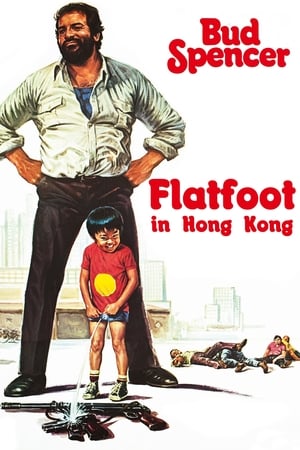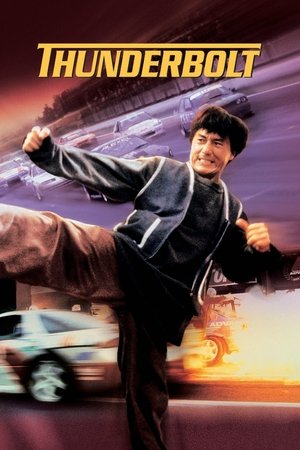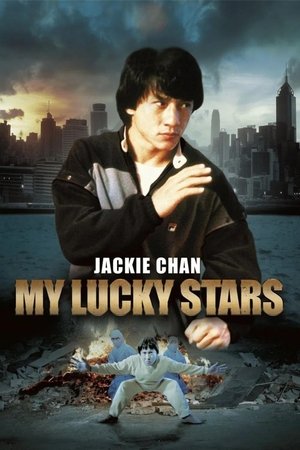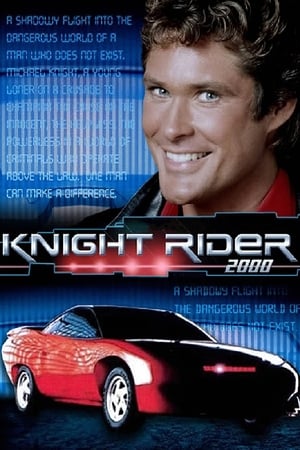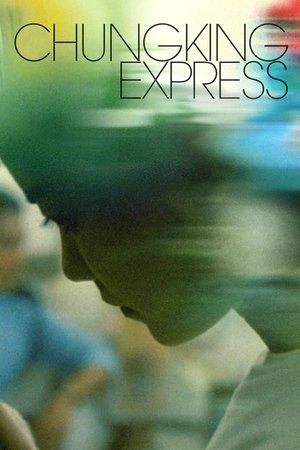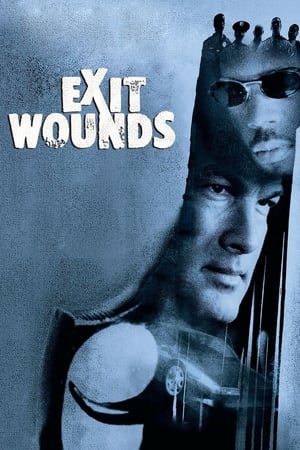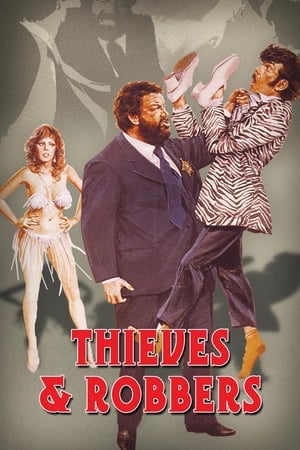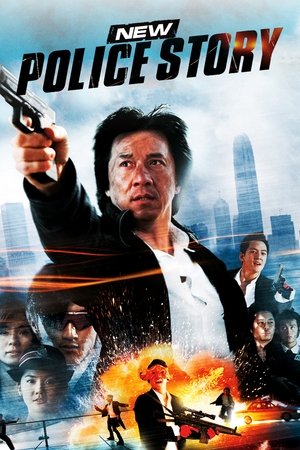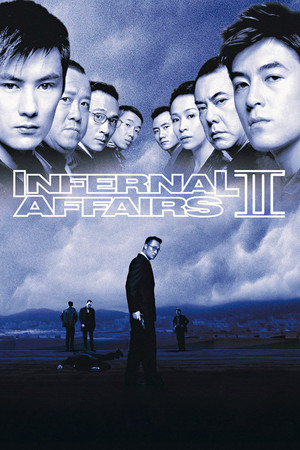Overview
Mathimaran, a police constable, wants to do something worthy of his job and stumbles upon an organ trafficking ring run by Durai that is exploiting immigrant labourers. But, with Durai's connections inside the force and in politics going deep, can the cop succeed?
Reviews
Kaaki Sattai seems to have only one purpose — to turn a wisecracking star into a punch dialogue spouting superhero. Like Maan Karate, it wants to be a platform for its leading man Sivakarthikeyan, one that catapults him into the enviable league of 'mass' heroes. And, Durai Senthilkumar has chosen the best way to make this happen by taking up a cop story (we even get a carefully edited intro scene where we don't see the hero's face until we have seen his feet). The film even acknowledges this by referencing Alex Pandian and Duraisingam, two of the most intrepid movie cop characters, while the movie's title is that of an earlier Kamal Haasan film. But Sivakarthikeyan is not yet a bonafide action hero and so, the director makes his hero a cop (it is certainly not by accident that this character is named Mathimaran) who is a mix of wits and of course, wittiness. That is why the build-up heavy hero-introduction scene is finally revealed to be a dream sequence.
Mathimaran is frustrated that his superiors (Prabhu in a cameo) aren't giving the job the respect it deserves, and are merely content to fulfill their superiors' orders. But, then he lands a crucial case involving organ trafficking. A group is exploiting immigrant labourers and murdering them for their organs but with the commissioner a chum of Durai ( Vijay Raaz), the brain behind the whole operation, Mathimaran has to rely on his wits to put a stop to Durai's illegal activity.
Only earlier this month, we had another cop film, Yennai Arindhaal, that dealt with the subject of organ trafficking. It is a serious subject but given that Sivakarthikeyan is the hero here, the treatment is lighter in Kaaki Sattai. And that is the problem with the film. The film keeps alternating between the serious and the light tones. And, it is hard to take a cop seriously when he has to depend on Mano Bala and his brand of humour to crack his case.
The cliched situations don't help either. The heroine ( Sridivya, who is getting stereotyped) is in serious danger and the hero arrives out of the blue to save her. The hero gets a call and steps out of a vehicle and the next instant it gets blown. The doctor involved in the crime confesses everything only to reveal that he has taken poison. The romantic track is generic. Mathimaran helps the heroine's family and starts wooing her until she agrees, which acts as a cue for yet another increasingly repetitive Anirudh song. Even the issue of a cop falling in love with a girl, whose mother doesn't want to marry her daughter off to someone in khakhi, is brushed off lightly despite the initial build-up.
At one point in the film, we are shown that the villain uses a mathematical formula in his operation. It is only in the end, we realize that it is not just the villain but the film's director as well who has succumbed to formula.

 157 min
157 min
 5.579
5.579
 2015
2015
 India
India
 timesofindia wrote:
timesofindia wrote:


